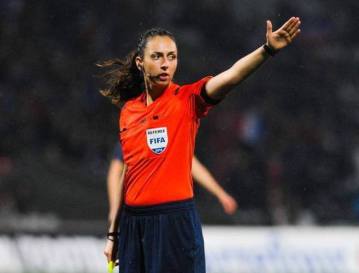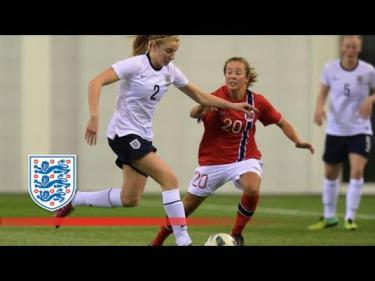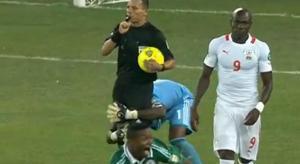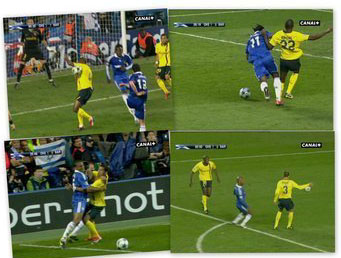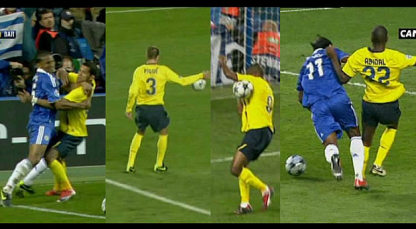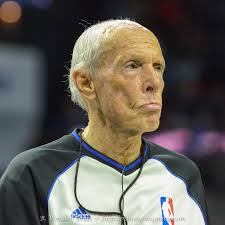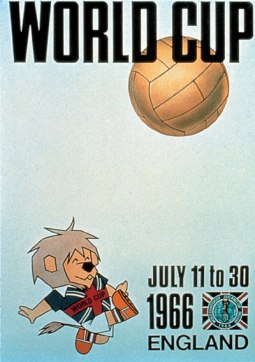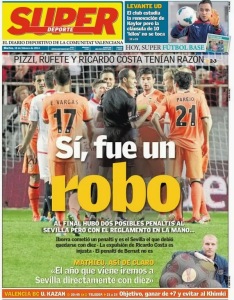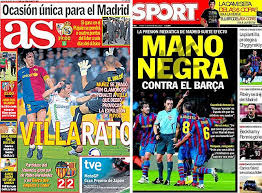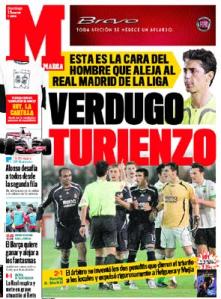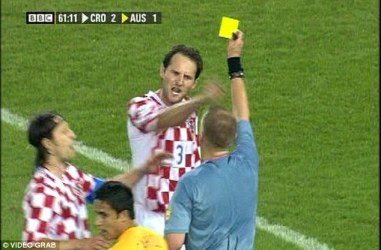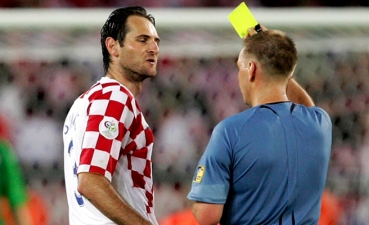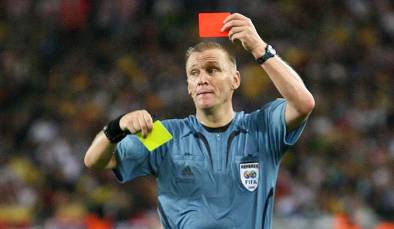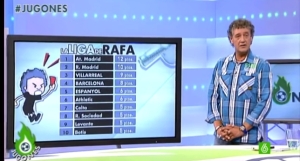Historic Failures – Female Soccer
The match between England and Norway Female European sub’19 held in Northern Ireland had to resume in 90 + 4 by decision of the FIFA after a serious failure of the collegiate.
Matija Kurtes German referee signaled a penalty in favor of England, who lost 2-1 in 94 minutes into the game. The maximum penalty was transformed, but an English player prematurely entered in the goal area and not up to the marker. Instead of ordering the retaking of the throw, as provided in section 14 of the regulations, Kurtes noted lack in favor of Norwegian.
FIFA made the decision to repeat the game from the point where the penalty was noted and play exactly 18 seconds left party. «The body control, ethics and discipline of UEFA make the decision to be repeated from the time the penalty in favor of England said.»
Bakhramov affirm years later: «I saw not get the ball, but Dienst downloaded onto my back all responsibility.
The resumption of the meeting was held without the German referee, who was away for the mistake. This time Williamson scored from the penalty spot and the goal was given, ensuring the tie (2-2).
Fallos Históricos – Fútbol Femenino
El encuentro entre Inglaterra y Noruega del Europeo femenino sub’19 celebrado en Irlanda del Norte se tuvo que reanudar en el 90+4 por decisión de la FIFA tras un grave fallo de la colegiada.
La árbitro alemana Matija Kurtes señaló un penalti a favor de Inglaterra, que perdía por 2-1 en minuto 94 de partido. La pena máxima fue transformada, pero una jugadora inglesa entró de forma prematura dentro del área y el gol no subió al marcador. En lugar de ordenar la repetición del lanzamiento, tal como se dispone en el punto 14 de la normativa, Kurtes señaló falta a favor de las noruegas.
La FIFA tomo la decisión de repetir el partido desde el punto en que se señaló el penalti y jugar los 18 segundos que exactamente quedaban de partido. «El órgano de control, ética y disciplina de la UEFA toma la decisión de que se repita desde el momento en que se señaló el penalti a favor de Inglaterra».
Bakhramov afirmaría años más tarde: «No vi entrar la pelota, pero Dienst descargó sobre mi espalda toda la responsabilidad.
Esta reanudación del encuentro se celebró sin la árbitro alemana, que fue apartada por el error. Esta vez Williamson anotó desde el punto de penalti y el gol fue concedido, asegurando el empate (2-2).
A.Z.

